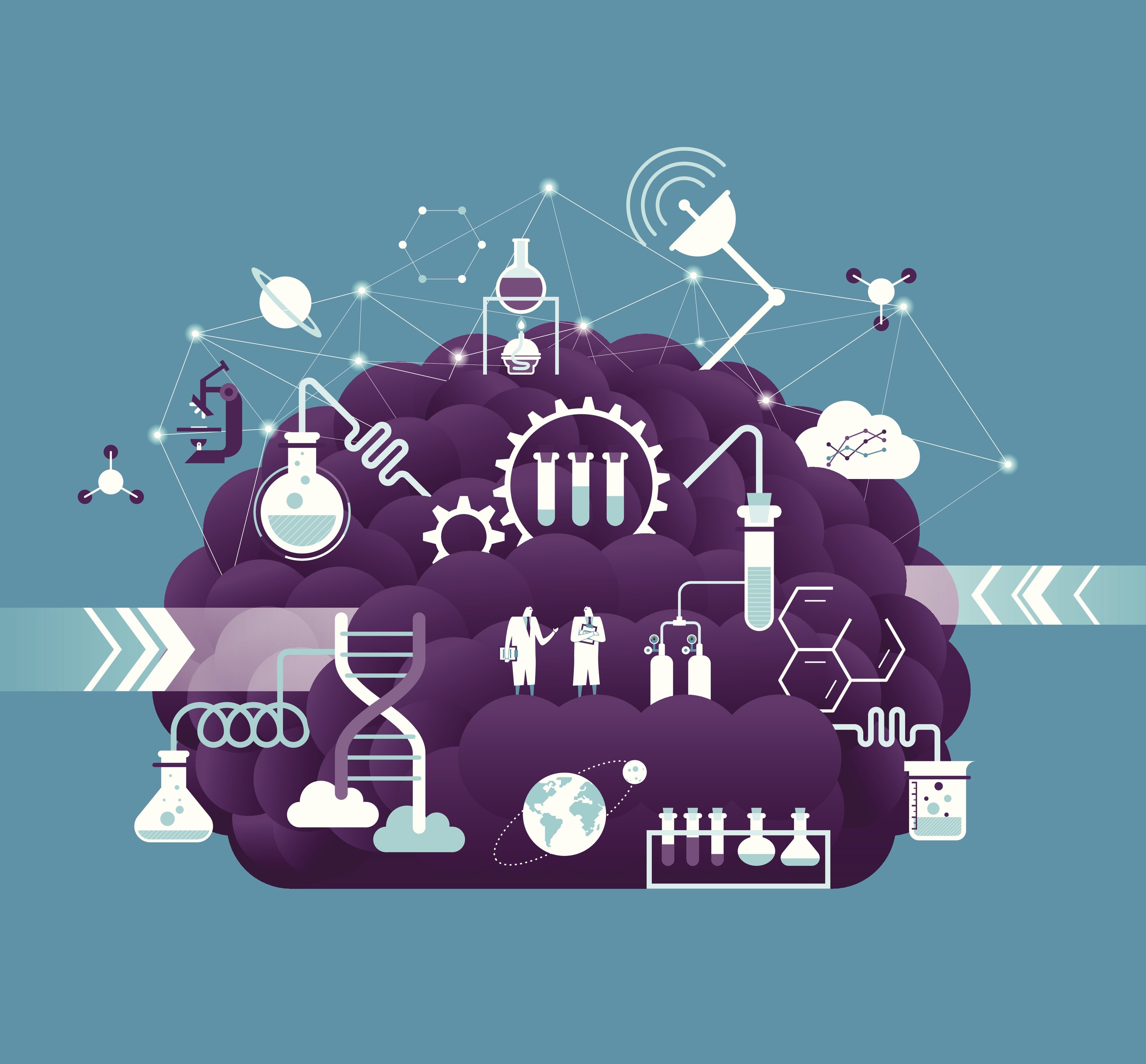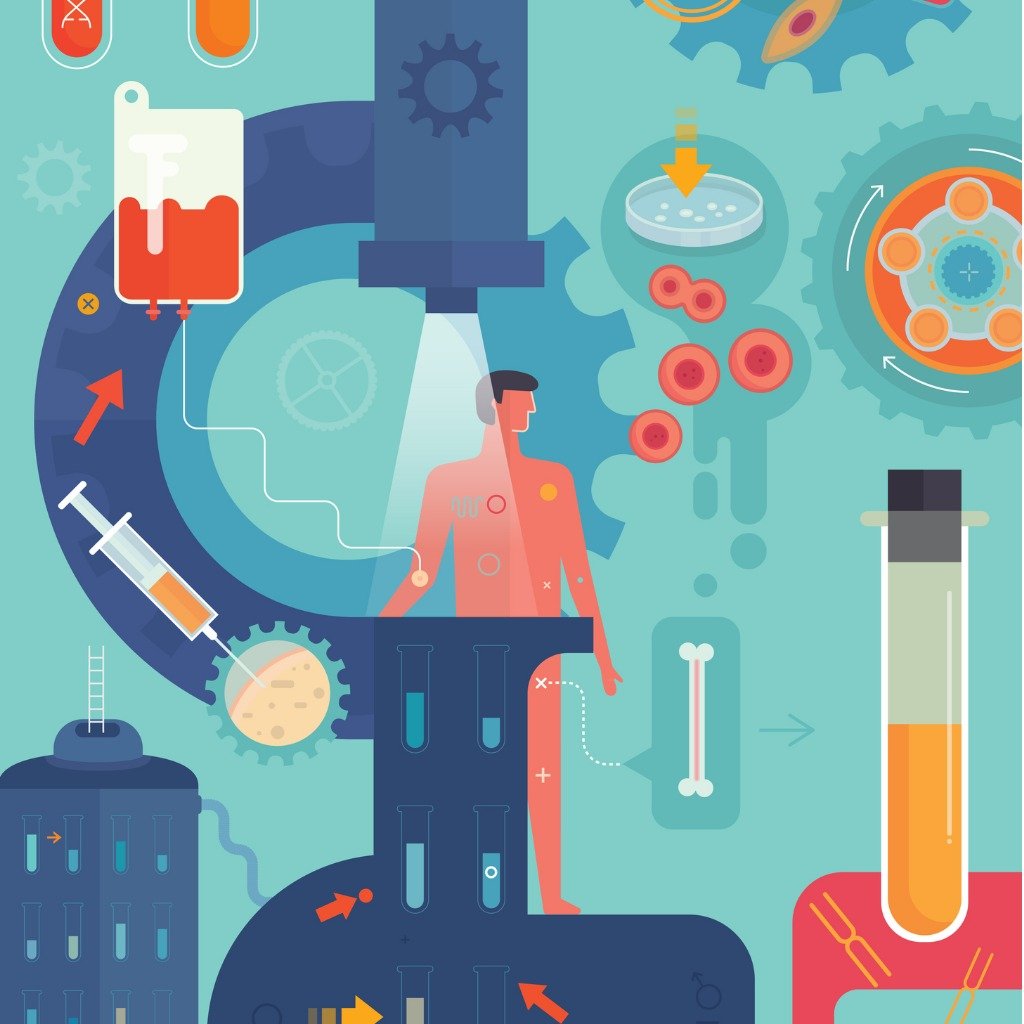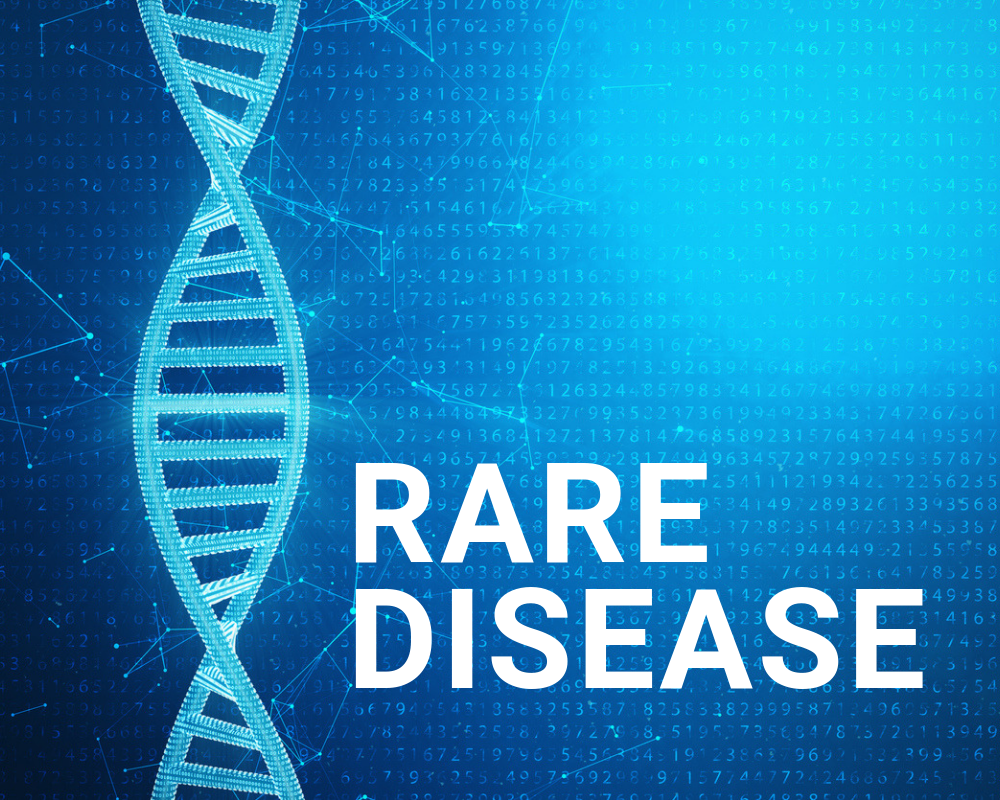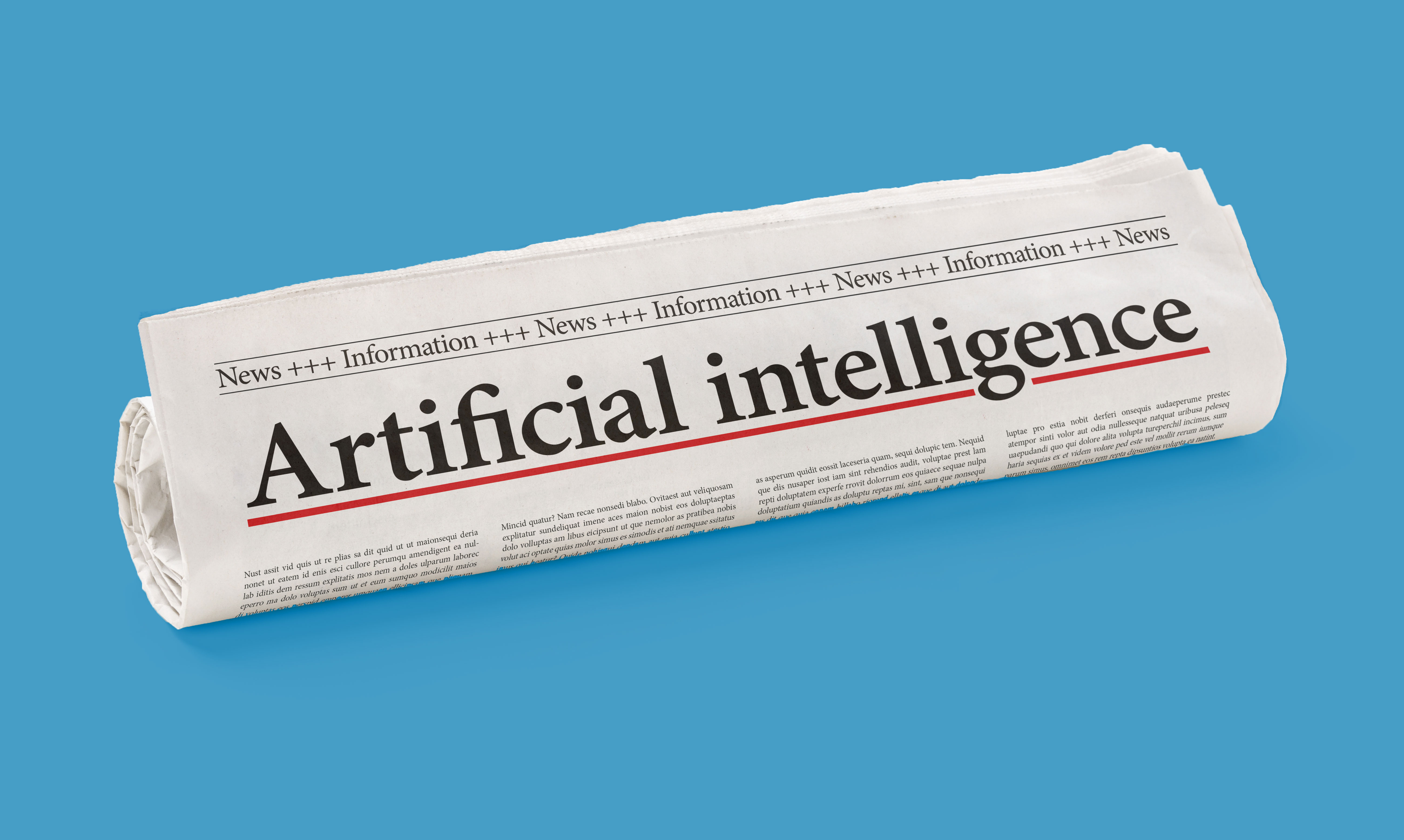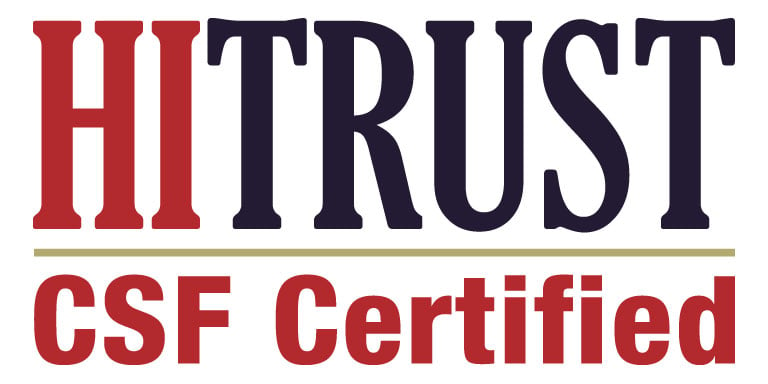Clinical leaders at Dana-Farber Cancer Institute for Neuro-Oncology were becoming more frustrated with the lack of treatment options for patients suffering from glioblastoma (GBM). The aggressive form of brain cancer, which recently claimed the life of Senator John McCain, is one of the deadliest forms of cancer and has no known cure. Most people diagnosed with the disease die within 15 months and a meager 15 percent survive past five years¹.
Not satisfied with the slow pace of traditional randomized controlled trials studying GBM, Dr. Brian M. Alexander at Dana-Farber decided to act. A...
Last week, an op-ed was published in the New York Times that asked an important question: Are patients being misled by the promise of precision medicine? The article, which focused on the treatment of various forms of cancer, posited that the successes achieved through precision medicine are relatively few when compared to its failures¹.
Precision medicine is a term that has been trending for several years (just try googling it). Previously, the healthcare industry had tried other avenues to produce better outcomes at lower costs. While the hype around what precision medicine can achieve for...
The Orphan Drug Act of 1983 defined a rare disease as one that affects less than 200,000 people. According to the NIH National Center for Advancing Translational Sciences, there are now 7,000 such diseases afflicting between 25-30 million people in the U. S. and an estimated 350 million worldwide.
Finding therapies for rare diseases not only helps those affected, but according to studies from the NIH Undiagnosed Diseases Program, new discoveries made from studying these diseases can also provide insights into more common conditions.
At Alexion, we are interested in understanding the rare...
The power and effectiveness of artificial intelligence (AI) and its continued integration into everyday life is becoming more widely accepted. This is especially true in healthcare where researchers are making significant strides in identifying the causes of and providing more effective treatments for major diseases.
But among these successes is a question of whether some AI results may be biased. A recent article in Fast Company acknowledges that AI should be “the great equalizer” because it is all about objective math and calculations. But the article raises the question of “creator bias”...
For most of us, the first Monday in September marks a day off from work and a last chance to gather with friends and family before summer is replaced by the chill of fall. Our barbecues and fireworks are a far cry from the first Labor Day celebrated in 1882, when a parade of 10,000 workers in New York City went on strike to protest the 58-hour work week that was common at the time.
It took until 1894 for Labor Day to be declared a federal holiday and until 1916 for the Adamson Act to establish the eight-hour work day. It is thanks to the efforts of these early laborers that we have weekends,...
The drive to value-based care has become a significant issue for biopharma companies as more health plans request value-based contracts. According to McKinsey, over 200 of these innovative contracts have been publicly disclosed since 1994¹. The buzz around the biopharma industry is that these value-based contracts are the wave of the future. Although this trend is likely to continue in the immediate future, the shift to these types of contracts may not survive in the long term. Precision medicine may make them obsolete.
Types of innovative biopharma contracts
The two most prevalent types of...
If you drove around Boston in the summer of 2014, you wouldn’t be surprised to see individuals on their lawns, driveways, or in their back yards dumping buckets of ice water over their heads. The chilly act was part of a challenge that encouraged participants to film their icy shower, post it to social media, and nominate others to do the same. The nominee had 24 hours to comply or donate money to The ALS Association. Most people did both and the videos went viral, spreading across the country and, eventually, the world.
The ALS Ice Bucket Challenge was the brainchild of former Boston College...
In the summer of 1996, two new prescription drugs, containing fenfluramine and phentermine, hit the market promising an easy way to lose weight. Use of the products skyrocketed and by mid 1997, almost two million people were taking them¹.
Just over a year later, in September of 1997, both products were abruptly pulled off the market amid growing concerns that use of the drugs may cause serious heart problems. The FDA found evidence that nearly one-third of those taking the drugs might develop a rare form of heart valve damage that could weaken the heart. Three deaths were linked to the use of...
Imagine living with pain every day—when a four or five on a ten-point scale is a good day and eight or nine amounts to about a third of your days. Imagine not being able to do the thing you love – travel - because of noises, lights, smells, weather, and sleeping conditions. No more visits to the beach because of heat and bright sunlight. Cancelled plans, countless visits to doctors and emergency rooms, and trying to exist in a controlled environment of low light and minimal noise.
That’s the life my sister lives – a life trying to cope with chronic migraines. And it breaks my heart.
My...
There is a wide and varied mix of opinions when it comes to artificial intelligence (AI). Peruse just about any publication and there’s likely to be an article or two on how AI will transform the way we live for the better or conversely how it is sure to overtake our lives in unimaginable ways.
Adding to the confusion, you have technology visionaries like Elon Musk saying, “I’m close to artificial intelligence (AI) and it scares the hell out of me”. Or Bill Gates calling AI “our biggest existential threat.”1 Given those impressions, it’s no wonder that many people today still fear the power...

